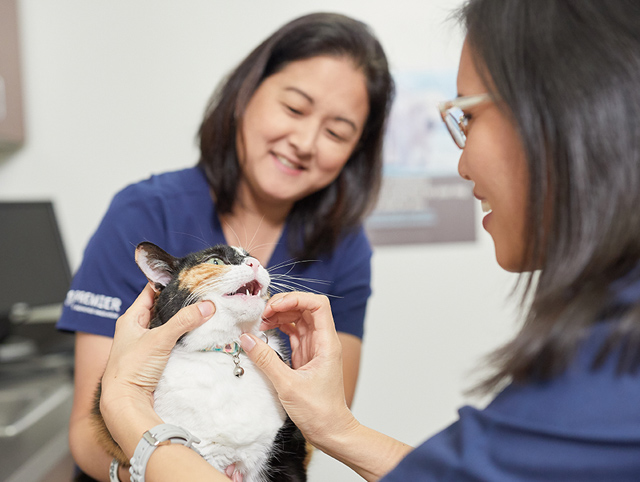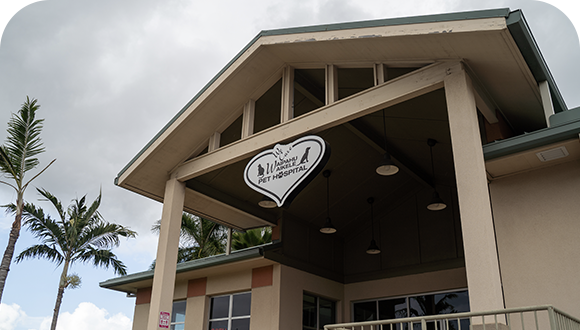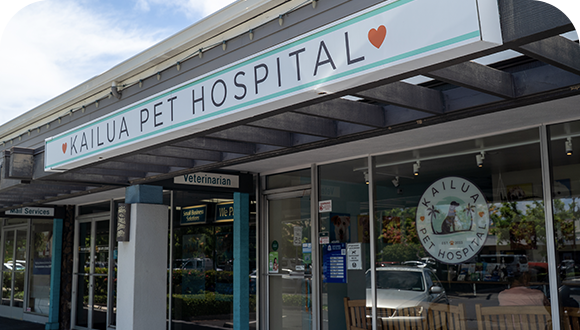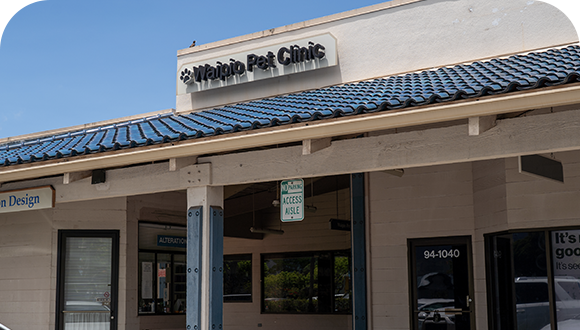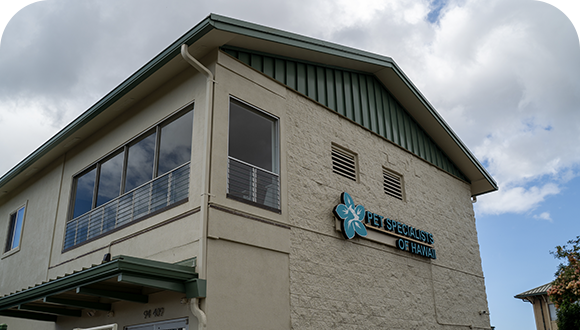
As a pet owner, it's not uncommon to encounter your furry friend vomiting from time to time. While occasional vomiting may not always be a cause for concern, there are certain situations where you should pay closer attention and seek veterinary care.
Understanding Dog Vomiting
Vomiting is a natural physiological response in dogs, often triggered by the body's attempt to expel something that is causing discomfort or distress. It's important to note that occasional vomiting is not necessarily a sign of a serious underlying condition, and can be a result of minor dietary indiscretions or other benign factors.
However, persistent or frequent vomiting can be a symptom of a more serious health issue, and it's crucial to understand the difference between normal and concerning vomiting patterns. By familiarizing yourself with the common causes and recognizing the warning signs, you can be better equipped to address your dog's vomiting episodes effectively.
Common Causes of Dog Vomiting
There are numerous potential causes for a dog throwing up, ranging from dietary issues to more complex medical conditions. Some of the most common reasons for dog vomiting include:
- Dietary Indiscretions: Eating something they shouldn't, such as table scraps, spoiled food, or foreign objects, can lead to vomiting.
- Food Intolerance or Allergies: Certain ingredients or types of food may not agree with your dog's digestive system, causing vomiting.
- Infections: Viral, bacterial, or parasitic infections can irritate the gastrointestinal tract and trigger vomiting.
- Medications: Some medications, either prescribed or over-the-counter, can have vomiting as a side effect.
- Pancreatitis: Inflammation of the pancreas can cause severe vomiting and abdominal pain.
- Intestinal Blockages: Obstructions in the digestive tract, such as from ingesting foreign objects, can lead to vomiting.
- Liver or Kidney Disease: Underlying organ dysfunction can disrupt the body's normal processes and result in vomiting.
- Motion Sickness: Dogs, especially younger ones, can experience nausea and vomiting during car rides or other forms of transportation.
- Stress or Anxiety: Emotional distress can manifest physically, causing your dog to vomit.
Understanding the potential causes of your dog's vomiting can help you determine when it's time to seek veterinary attention.
When Should You be Concerned About a Dog Throwing Up?
While occasional vomiting may not always be a cause for concern, there are certain situations where you should be more vigilant and seek veterinary care. Here are some signs and symptoms that may indicate a more serious issue:
- Persistent Vomiting: If your dog is vomiting repeatedly, with no signs of stopping, it's time to contact your veterinarian.
- Bloody or Bile-Tinged Vomit: The presence of blood or bile in your dog's vomit can be a sign of a more serious underlying condition.
- Dehydration: If your dog is unable to keep down fluids and appears dehydrated, with symptoms like lethargy, dry gums, and sunken eyes, it's a medical emergency.
- Lethargy or Decreased Appetite: If your dog is showing signs of decreased energy or a lack of appetite, it could be a sign of a more serious problem.
- Abdominal Pain: Whining, whimpering, or other signs of discomfort may indicate that your dog is experiencing abdominal pain, which requires prompt veterinary attention.
- Vomiting After Eating: If your dog vomits immediately after eating, it could be a sign of an obstruction or other digestive issue.
- Chronic or Recurring Vomiting: Frequent or recurring vomiting, even if it doesn't seem severe, warrants a visit to the veterinarian to identify the underlying cause.
If you notice any of these concerning signs, it's important to contact your veterinarian right away. Prompt medical attention can help identify the underlying cause and provide appropriate treatment, potentially preventing the condition from worsening.
The Role of a Veterinarian in Diagnosing Dog Vomiting
When your dog is experiencing vomiting, your veterinarian plays a crucial role in diagnosing the underlying cause and determining the appropriate course of action. Your veterinarian will start by gathering a detailed medical history, including information about your dog's diet, any recent changes, and any other symptoms you've observed. A thorough physical examination will be conducted, focusing on the abdominal area and other potentially affected systems. Depending on the suspected cause, your veterinarian may recommend various diagnostic tests, such as blood work, urinalysis, imaging studies (e.g., X-rays, ultrasound), or even endoscopy to examine the digestive tract.
Based on the information gathered, your veterinarian will work to establish a differential diagnosis, considering the various potential causes of your dog's vomiting. Once the underlying cause is identified, your veterinarian will develop a personalized treatment plan to address the issue and alleviate your dog's symptoms.
Preventive Measures to Avoid Dog Vomiting
While you can't always prevent your dog from vomiting, there are some preventive measures you can take to reduce the risk:
- Maintain a Consistent Diet: Stick to a high-quality, veterinarian-approved dog food and avoid sudden changes in diet, which can upset your dog's digestive system.
- Secure Your Home: Ensure that your dog doesn't have access to any potentially harmful or toxic substances, such as human foods, medications, or household cleaners.
- Provide Plenty of Exercise: Regular physical activity can help maintain a healthy digestive system and reduce stress, which can be a contributing factor to vomiting.
- Monitor Your Dog's Stress Levels: Try to identify and address any sources of stress or anxiety in your dog's environment, as these can trigger vomiting episodes.
- Schedule Regular Veterinary Checkups: Routine veterinary visits can help identify and address any underlying health issues before they escalate, potentially preventing vomiting episodes.
By implementing these preventive measures, you can help reduce the likelihood of your dog experiencing vomiting episodes and keep them healthy and happy.
Book Your Pet’s Appointment with Pet Hospitals of Hawaii Today
Vomiting in dogs is a common occurrence, but it's important to understand when it's a cause for concern. By familiarizing yourself with the common causes, recognizing the warning signs, and working closely with your veterinarian, you can better manage your dog's vomiting episodes and ensure their overall well-being.
If you're concerned about your dog's vomiting, contact Pet Hospitals of Hawaii. We are dedicated to providing comprehensive care and personalized treatment plans to help your furry friend feel better. Visit our office in Waipahu, Wahiawa, Makai, or Kailua, Hawaii. Call (808) 671-7387 (PETS) to book an appointment today.


